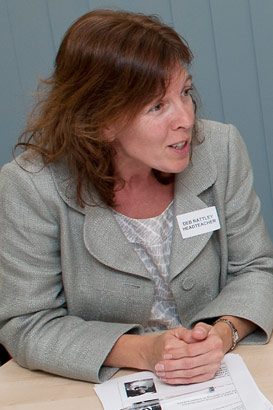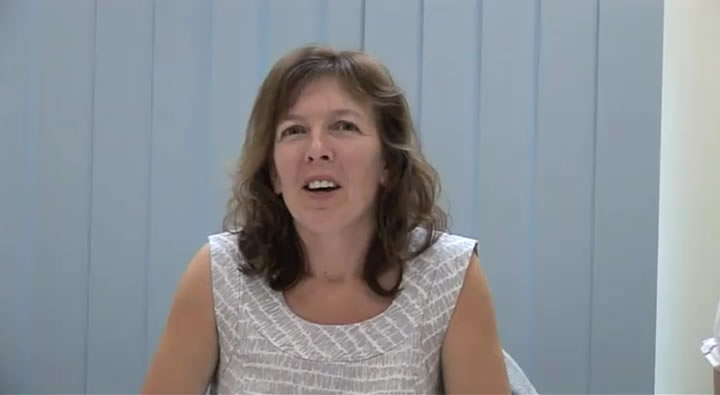
Whether for a formal or informal meeting, it's always best to plan in advance.
Any form of school meeting or communication should recognise parents' feelings
and the ideas they bring to any discussion as valuable. Some parents of
pupils with SEN and/or disabilities may:
- Have had poor experiences with their own schooling.
- Be worried about what you might say.
- Be angry about past provision for their child's special educational needs, or the lack of it.
- Be reluctant to hear bad news and/or be unable to accept good news.
Structured conversations with parents have been a very beneficial outcome of the charity Achievement for All:
The purposes of the structured conversation are to:
- Establish an effective relationship between the parent and the key teacher.
- Allow the parent an opportunity to share their concerns and, together, agree their aspirations for their child.
- Set clear goals and targets for learning and improvement in wider outcomes.
- Determine activities which will contribute to the achievement of those targets.
- Identify the responsibilities of the parent, the pupil and the school.
- Agree the date and time of the next meeting.
- Clarify the most effective means of communication between meetings.

Professionals coming to a formal meeting may have:
- A busy schedule.
- A short amount of time for the meeting.
- A large caseload.
- A clear remit in relation to possible courses of action.
(Training and Development Agency for Schools (TDA) Working with parents/carers and other professionals)
Marley's parents, Janice and Pete, discuss Marley's report in his review.
This is an example of how parents can contribute to reviews and provide thoughts on their child's progress.


Have a look at the Training and Development Agency for Schools (TDA)
document Working with parents/carers and other professionals.
In particular, on pages 17-18 of this document there are some points to consider when planning formal meetings involving pupils with SEN and/or disabilities.
Ask to sit in on a meeting with a family member of a student. Use
the following checklist to audit the meeting:
Did the meeting:
- Allow time to develop a real dialogue?
- Enable the parent/carer's views?
- Have a clear framework?
- Evidence the pupil's progress?
- Summarise what had been agreed and when it would be reviewed?
- Draw on parents' knowledge and expertise?
- Focus on the child's strengths as well as needs?
- Recognise the parents' feelings and respect their differing needs?
- Ensure that the parent understood any relevant procedures?
- Respect differences of opinion and seek constructive reconciliation?
- Allow for flexibility in its timing and structure?

Department for Children, Schools and Families (DCSF)
(2009) Achievement for all the structured conversation: handbook to
support training (National Strategies).